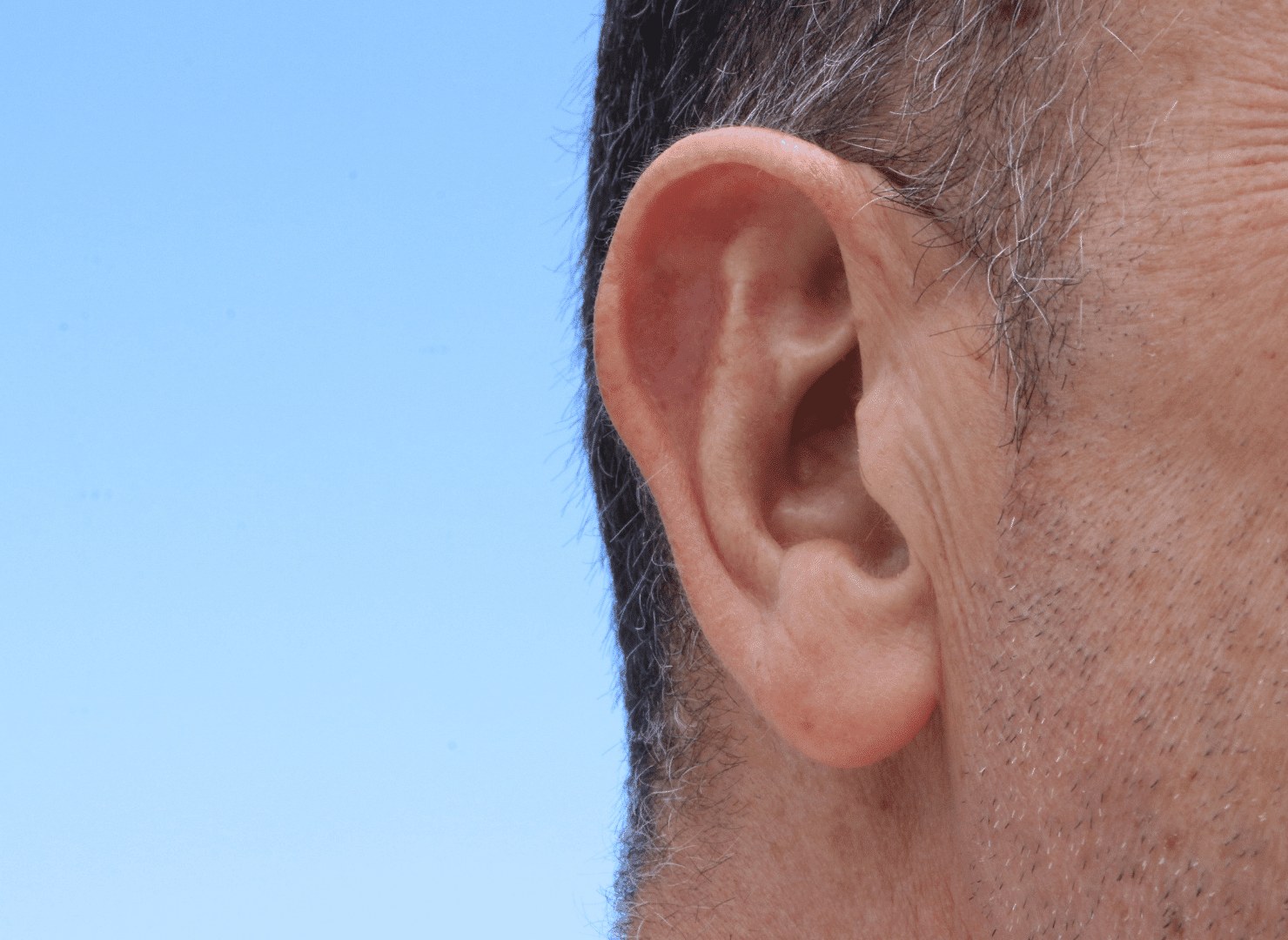The leaves are changing color, which can only mean one thing – winter is around the corner. With winter come colder temperatures and the potential for dreary, wet weather and greater exposure to sniffles and coughs. Not only do you need to think about protecting your body from this weather with a jacket and some vitamin C, but you also need to consider the proper ear protection. In fact, hearing loss can be caused by cold weather, and hearing aids can be similarly damaged without the right care.
Exostosis
Exostosis is the term for when an abnormal growth forms in the ear canal. The body is trying to protect the ear by growing an extra protective barrier. This is generally caused by exposure to cold water and wind, which cools off the ear canal. The bone surrounding the ear canal thickens, causing blockage of sound and hearing loss. The ear can no longer produce and expel earwax using conventional methods; so multiple ear infections are a sign of exostosis. Multiple ear infections can actually lead to hearing loss as well. It is common in surfers due to their increased contact with cold waters for an extended amount of time but can also affect those who do not protect their ears during particularly wet, cold winters. Surgeons have to remove the excess growth, but if left untreated, the condition will not resolve itself. In order to prevent the growth, limit the amount of time spent in cold water or wind.Sensorineural deafness
This type of hearing loss stems from inner ear damage, particularly related to the auditory nerve. The tiny nerve endings are damaged, and signals are no longer sent to the brain to interpret. Babies can be born with this type of hearing loss hearing loss due to their mother’s infection or genetics. However, it can also develop later in life due to a tumor growth, prolonged loud sound, or certain types of infections. Because of the increased rate of infection during the colder months, people with Sensorineural deafness may think they just have a common cold at first. In the cold, blood circulation decreases, which increases the likelihood of infection. However, if ringing in the ear or prolonged hearing loss continues, it is necessary to contact an audiologist or support person. Often, if the disease has worsened over time, a cochlear implant is the right plan of action. For others, a hearing aid may treat the problem.Hearing Loss Prevention Methods
Here’s how you can prevent hearing loss due to cold weather this winter:- Wear protective devices or ear plugs when using loud snow blowers or attending loud indoor activities
- Put on earmuffs or a hat with sweat wicking capability to prevent moisture build-up within the ear
- Dry out hearing aids at night and ensure batteries are kept dry
- Do not use air travel if sick because the inner ears may not be able to equalize pressure properly leading to the potential for rupture




